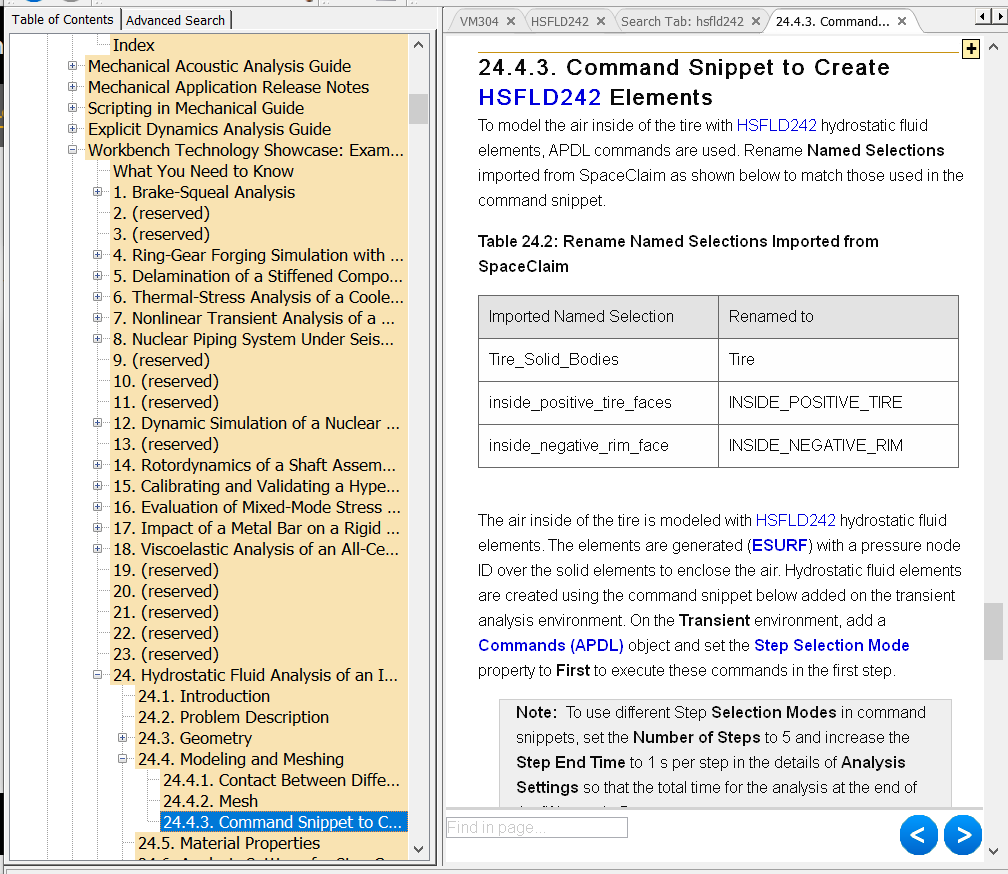Ansys Learning Forum › Forums › Discuss Simulation › General Mechanical › Creating no-penetration contacts for objects in modal acoustics › Reply To: Creating no-penetration contacts for objects in modal acoustics
Hi Deven. Thank you for the image and for clarifying your objective. Using standard surface-to-surface contact between two structures (the top surface of the diaphragm and the lower surface of the top of the tank) is certainly fair game - I don't see a problem defining and using that. But if your expectation is for this contact to change status (e.g., open to closed) when deformation closes the gap in a modal analysis, well... I'm afraid that won't happen. As Kaushal mentioned, modal analyses are linear. Standard contact is not. Furthermore, the subsurface mesh of acoustic elements will not model the relatively large displacement I imagine the subsurface volume of liquid will in the physical system. Acoustic elements are probably not a good fit for what you intend to do. I think a better approach would be to model the fluid with hydrostatic elements:
I suspect these are still not natively exposed in Mechanical. We once had an ACT that simplified the addition of these to models in Mechanical but I do not know if it works with later releases. You can always use APDL command objects to add them to a Mechanical model but that assumes you have good enough background in APDL to do so.
Oh... look what I just found in teh doc:
So if there's no free surface (the lower surface of the diaphragm is always "wet") then I think HSFLD242 in a transient analysis will represent this physical system with higher fidelity... it's much more appropriate. I don't see any option other than doing a full transient analysis if you intend to include the effect of possible contact between the diaphragm and the top of the vessel.
Best,
Bill



